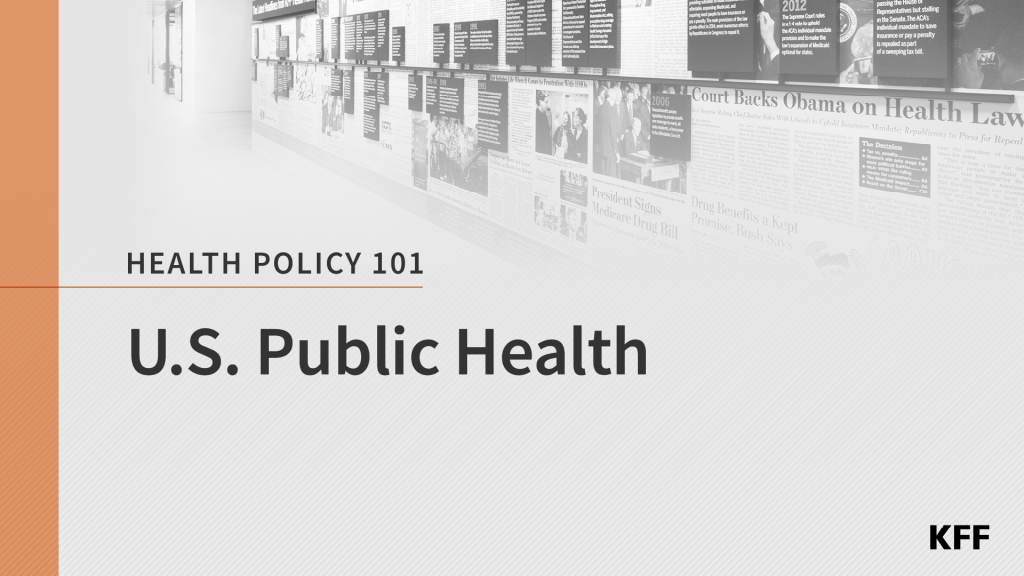Health Policy 101 is a comprehensive guide covering fundamental aspects of U.S. health policy and programs, including Medicare, Medicaid, the Affordable Care Act, employer-sponsored insurance, the uninsured population, health care costs and affordability, women's health issues, and health care politics. The Public Health chapter examines how public health is governed and delivered in the United States. It includes explanations of key public health frameworks, services, capabilities and characteristics, how the public health system works in state, local and territorial governments, and public health funding, workforce, and communication challenges in an era of declining trust.
View the Chapter →
